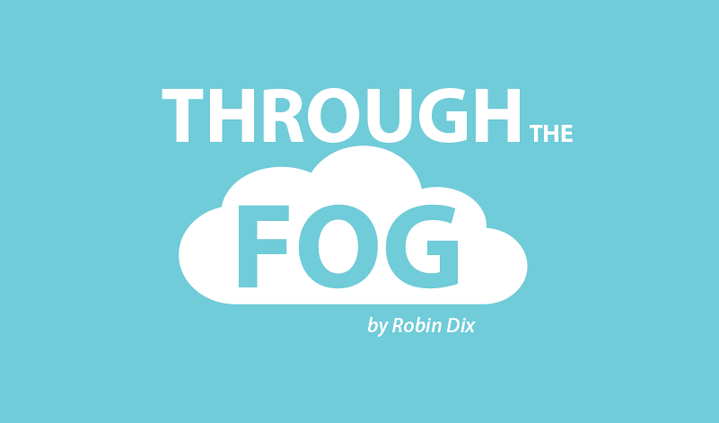As I write this, I’m incredibly frustrated. I have vacillated between being overweight and obese ever since I got sick with fibromyalgia. According to the Centers for Disease Control and Prevention, if I want to fall back into the normal range, my body mass index needs to be between 18.5 and 25. I’m pretty sure I haven’t seen that since before my first child was born — about 32 years ago.
So many issues could be causing this frustrating inability to lose weight. For me, a normal weight would be around 135 pounds — that’s where I feel most like my former self. That means I have about 45 pounds to lose. Ugh.
I’m trying to figure out all the things that might thwart my goal. Part of the problem for me is that I no longer cook. If my husband doesn’t cook, that means I find something easy to eat, and it’s not always a healthy option. I need to get back to making Mason jar salads. They can be stored a long time in the fridge, they’re healthy, and all I have to do is dump one into a bowl. I love eating salads, but I hate making them.
Exercise intolerance is my nemesis. Because my life is so sedentary, my muscles have weakened. Plus, I tend to experience post-exertional malaise, which is when my energy level crashes after physical activity, even when walking short distances. I’m exhausted before I even start. Exercising in warm water is supposed to be less strenuous and very beneficial, so I’m currently looking into somewhere local to do this.
The Holtorf Medical Group says, “The concept of exercise intolerance may sound like an excuse to avoid the gym, but individuals who experience it, particularly those with [chronic fatigue syndrome] or [fibromyalgia], can attest that it is debilitating, painful, and incredibly frustrating. Imagine starting out on a jog and not even five minutes in you begin feeling painfully short of breath (dyspnea) and dizzy to the point that all you can do is lay down. Fast forward a few days, and you still feel exhausted, full of pain, and unable to think clearly. Your fatigue is so great that even getting out of bed seems like an impossible challenge.”
Then there is the dilemma of medication side effects. I currently take two medications that can potentially cause weight gain.
The Obesity Medicine Association identifies classes of medications that are associated with weight gain. They include antidepressant, antianxiety, mood-stabilizing, anticonvulsant, antimigraine, and neuropathic pain medications. Many of the meds taken by people with fibromyalgia fall into these classes.
My current goal is to eat more healthily, get a certain amount of easy exercise, and discuss with my doctor the possibility of medication options that won’t cause weight gain.
Have you experienced similar issues? Please share your thoughts in the comments below.
***
Note: Fibromyalgia News Today is strictly a news and information website about the disease. It does not provide medical advice, diagnosis, or treatment. This content is not intended to be a substitute for professional medical advice, diagnosis, or treatment. Always seek the advice of your physician or other qualified health provider with any questions you may have regarding a medical condition. Never disregard professional medical advice or delay in seeking it because of something you have read on this website. The opinions expressed in this column are not those of Fibromyalgia News Today, or its parent company, BioNews Services, and are intended to spark discussion about issues pertaining to fibromyalgia.

